

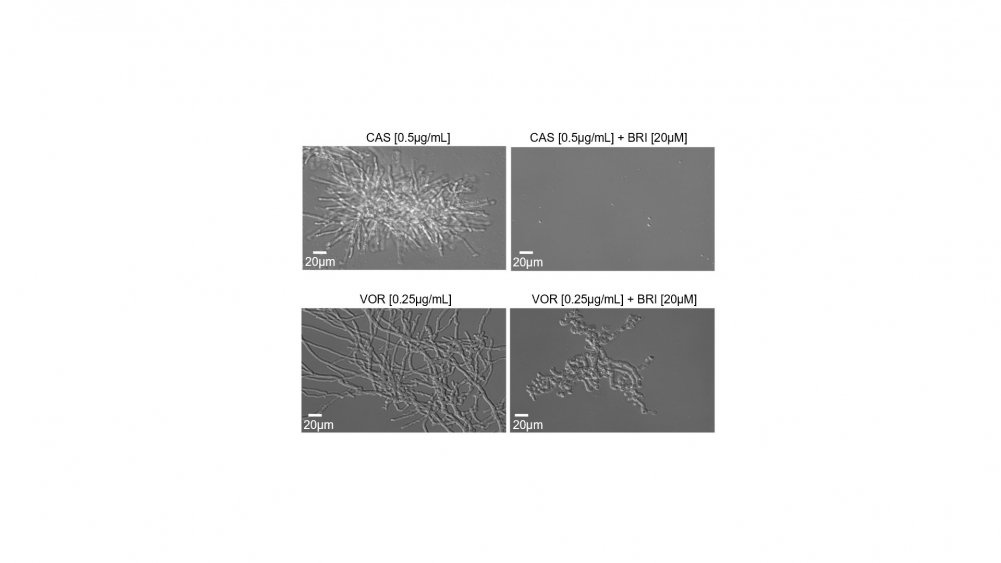
Combinations of antifungals with brilacidin, a drug undergoing clinical trials for other diseases, cleared up lung infections in animals. On its own, the candidate drug treated a fungal disease of the cornea that affects millions of people worldwide.
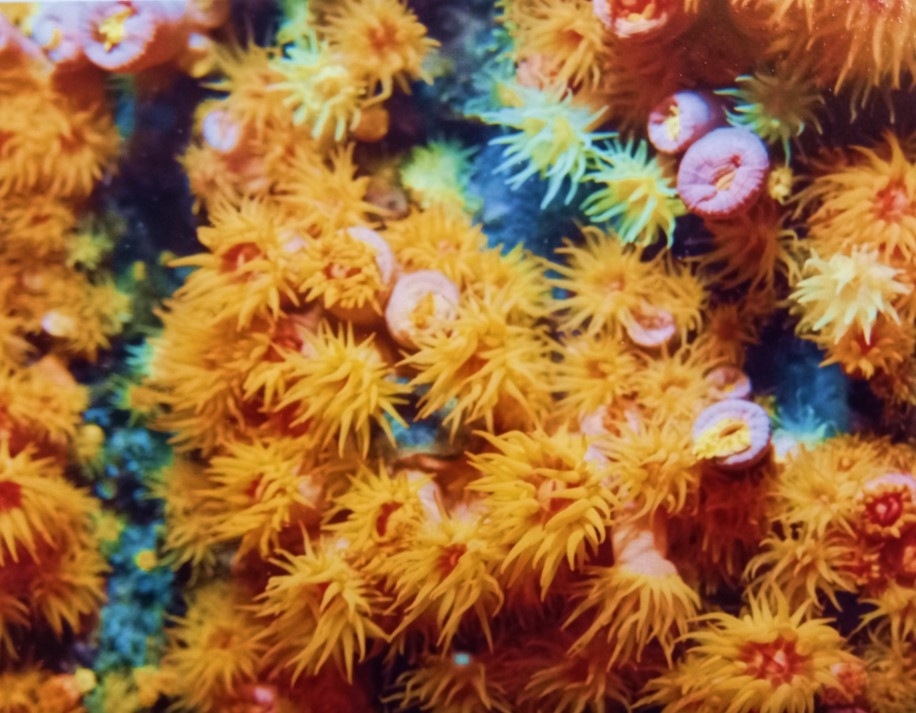
Trials involving mammalian cells were conducted by researchers in São Paulo state, Brazil. Although it endangers biodiversity along much of the coast, sun coral could be an ally in combating Chagas disease, which affects 7 million people worldwide and lacks effective treatment.
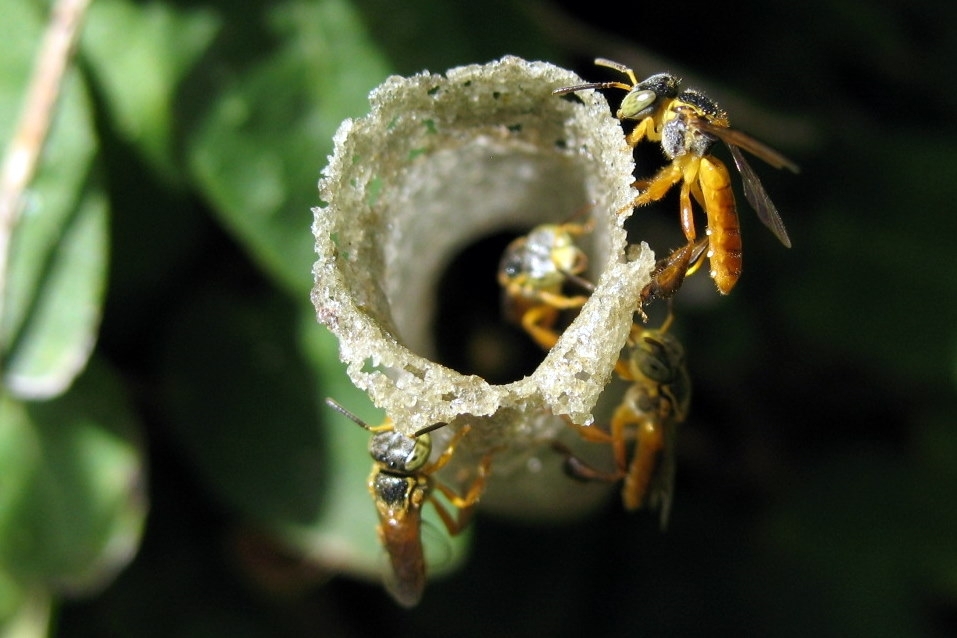
The study by Brazilian researchers showed that the microscopic arachnids rid stingless bee colonies of excessive fungi and serve as food for the larvae of these honey-making insects.
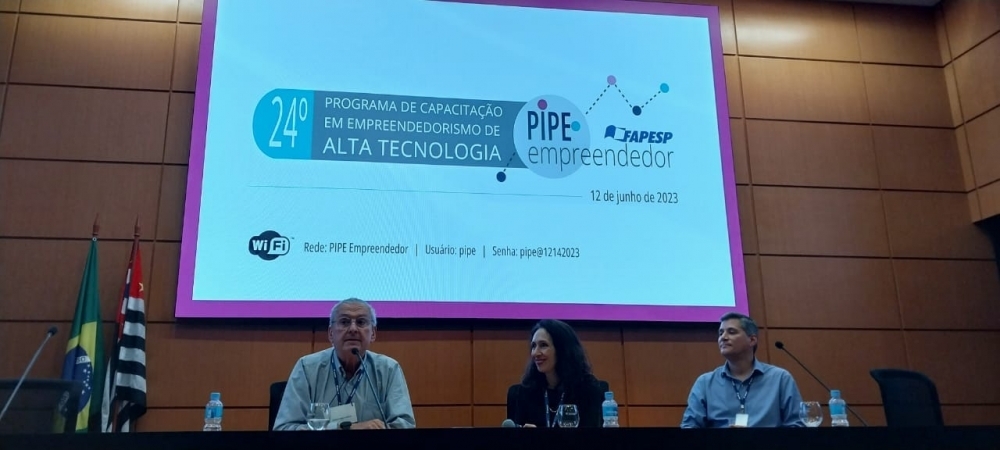
A novel methodology used in the 24th edition of the PIPE High-Tech Entrepreneurial Training Program will guide 21 innovative startups in the process of developing customers and refining their business models, among other competencies.

Experiments involving mice and conducted by Brazilian researchers showed four weeks of training with weights to be sufficient to reverse behavioral and physical alterations characteristic of the disease.
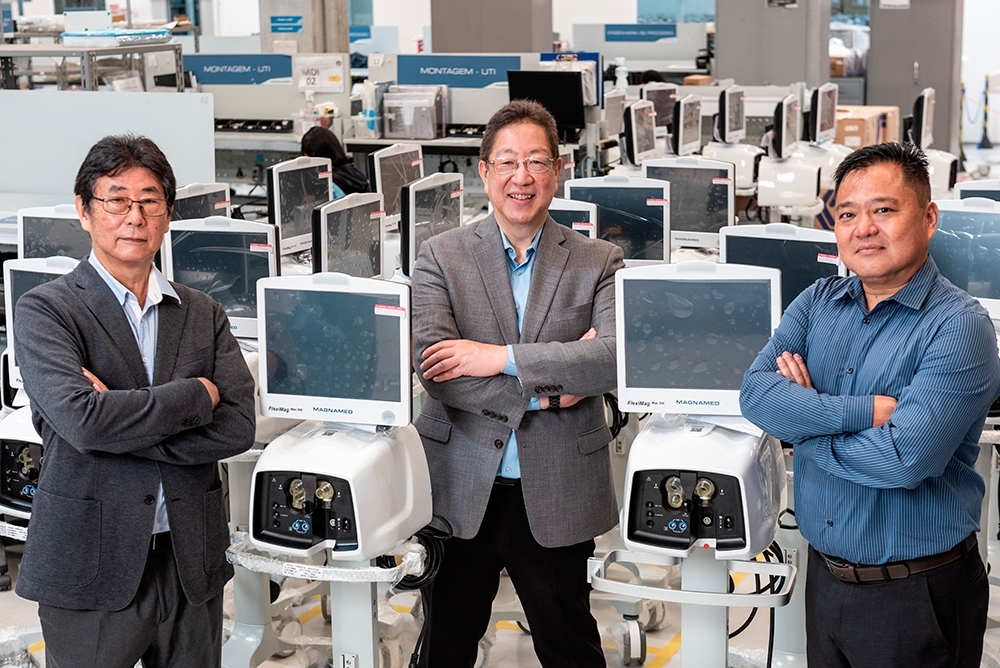
The FDA has authorized Magnamed to operate a plant in Florida that will produce Oxymag, its portable emergency ventilator.
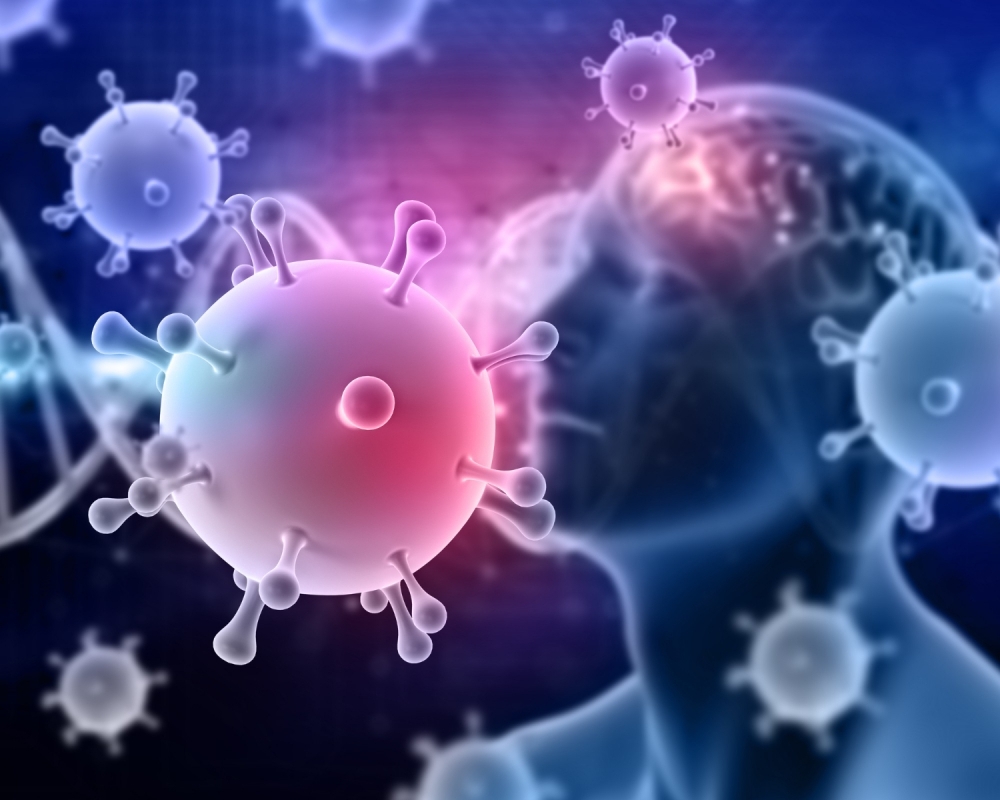
Brazilian researchers analyzed data from MRI scans and various tests to detect biological alterations linked to the neurological symptoms most reported by patients, especially anxiety, depression, sleepiness and fatigue. The latest results were presented to the ninth edition of BRAINN Congress.
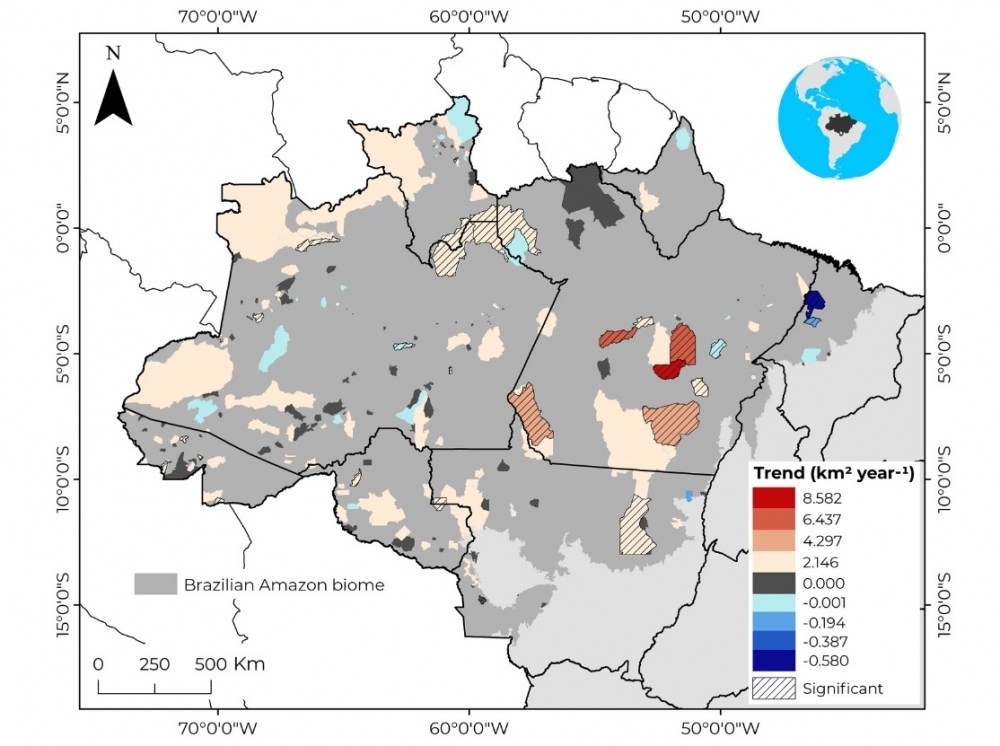
Scientists analyzed data for the period from 232 Indigenous Territories in Brazil. Results published in Scientific Reports show deforestation rates accelerating between 2019 and 2021.

Soon to be officially launched, IPOS is a coalition of 16 research institutions, research funders and universities. Its mission will be to bridge the science-policy divide and help protect the world’s ocean environment.
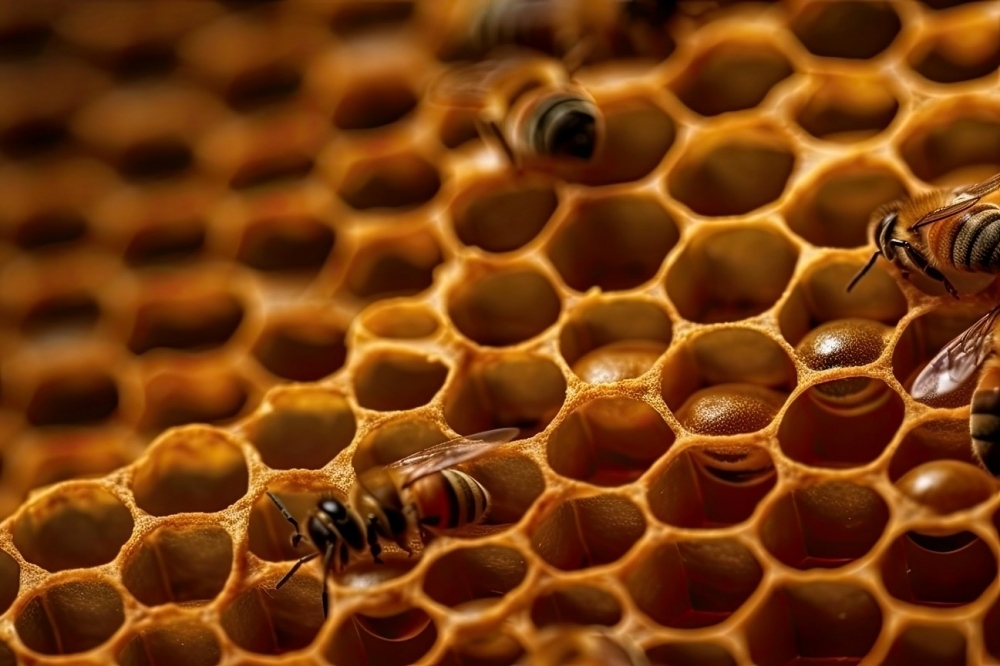
A study of 40 asymptomatic subjects living with HIV conducted at São Paulo State University showed that a daily dose of 500 mg was safe and helped combat premature aging.
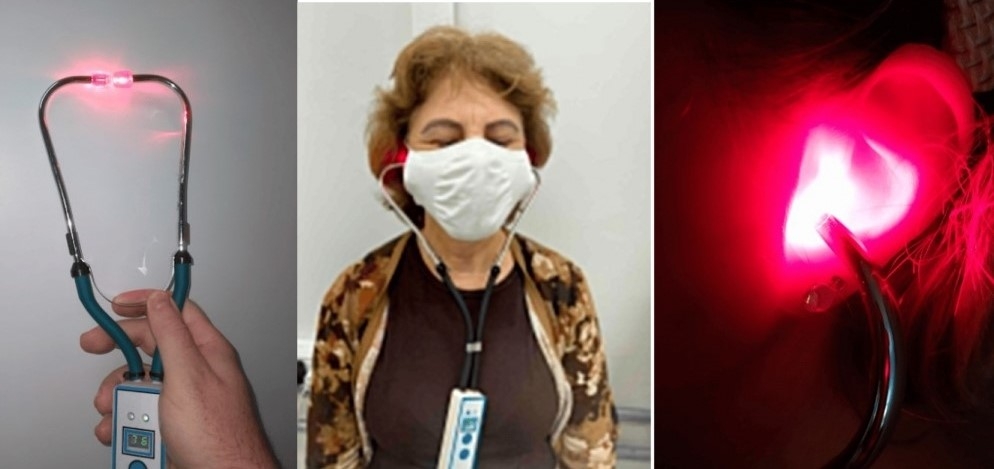
Brazilian researchers compared the therapies used most frequently for tinnitus, which affects some 750 million worldwide.
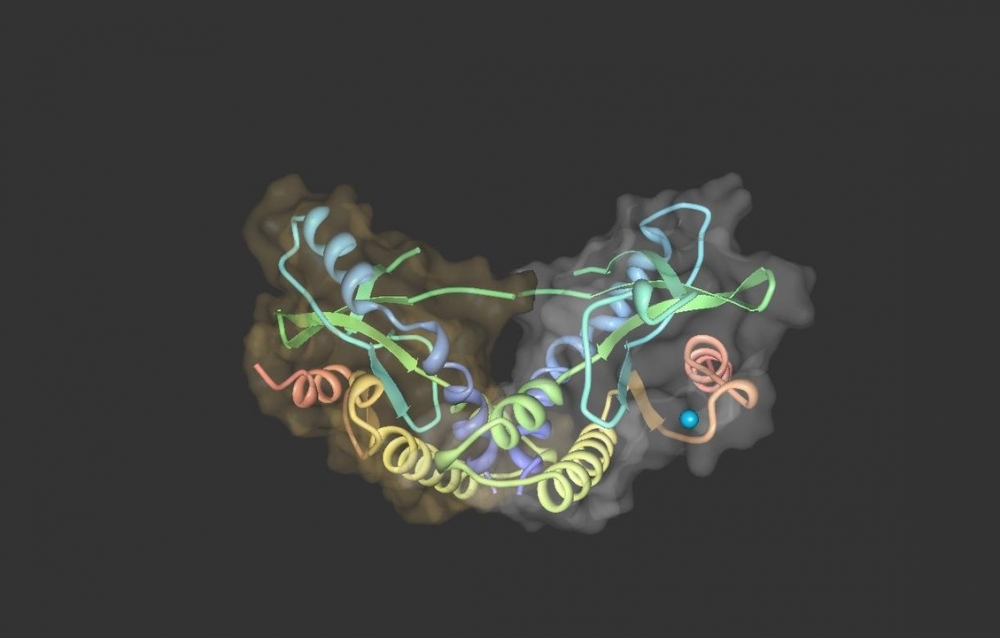
The discovery, led by researchers at a FAPESP-supported center, could lead to novel treatments for autoimmune diseases.

Scientists at the University of São Paulo have shown that the occurrence of mesoscale convective systems, which account for 40% of precipitation in the Amazon, is already being affected by climate change.
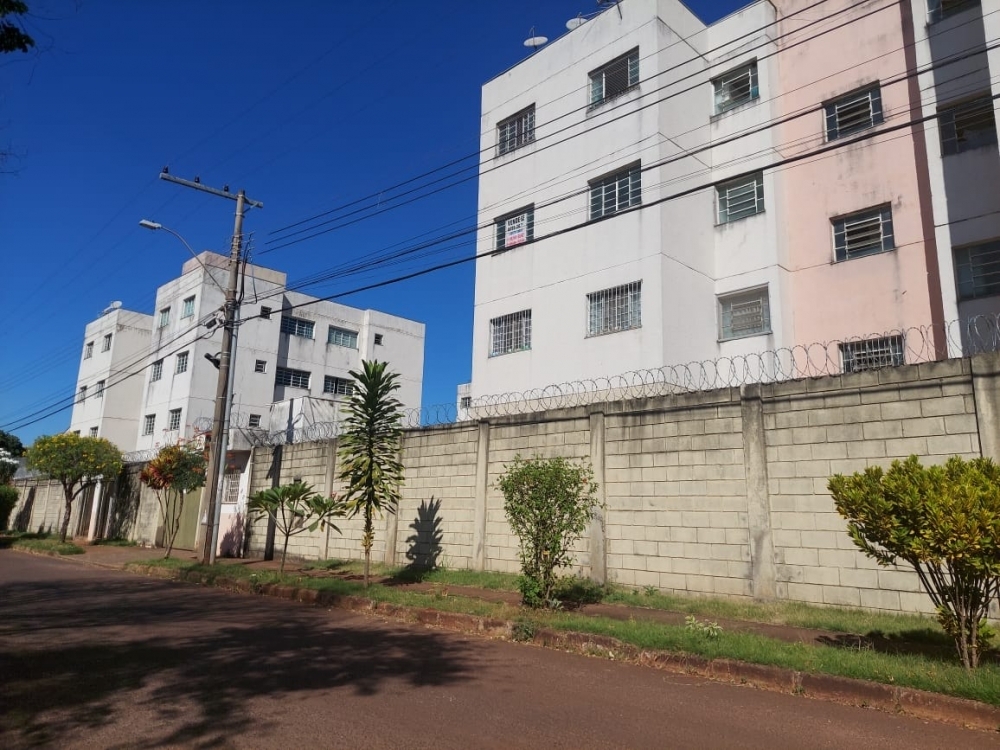
As well as benefiting users, the aim was to contribute to energy saving and help reduce greenhouse gas emissions.
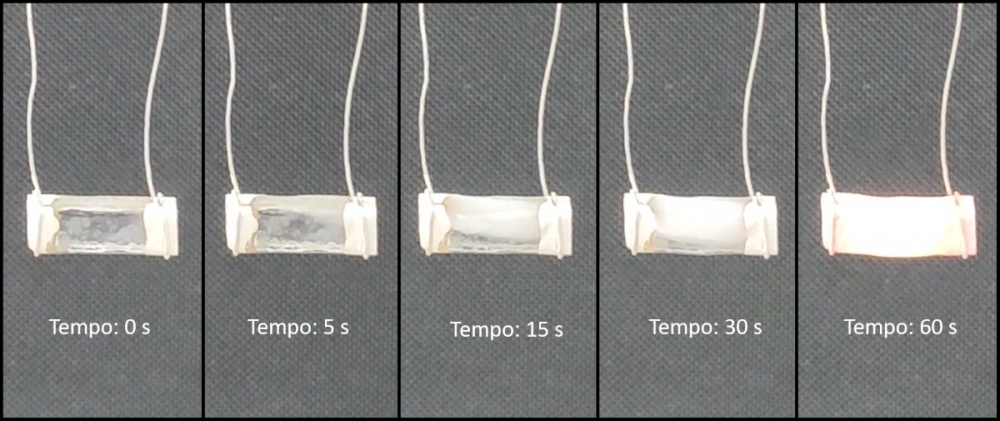
The technique was developed at the Federal University of São Carlos (UFSCar) in São Paulo state, Brazil, and could impact the manufacturing of batteries, smartphone screens and other devices.
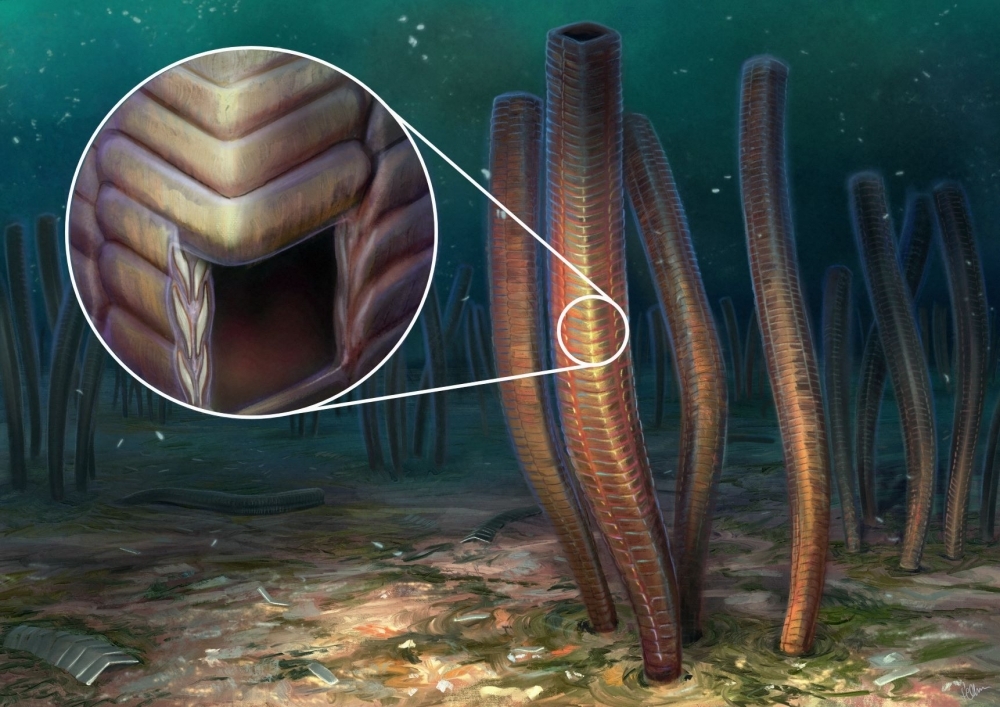
Carapace resembling scaled armor used by medieval knights appears to be first evidence of defense against predators and linked to origin of large group of animals with bilateral symmetry, which includes humans. Advanced techniques including electron microscopy and tomography applied to rocks found in Brazil in the 1970s enabled scientists to reconstruct this animal’s morphology.
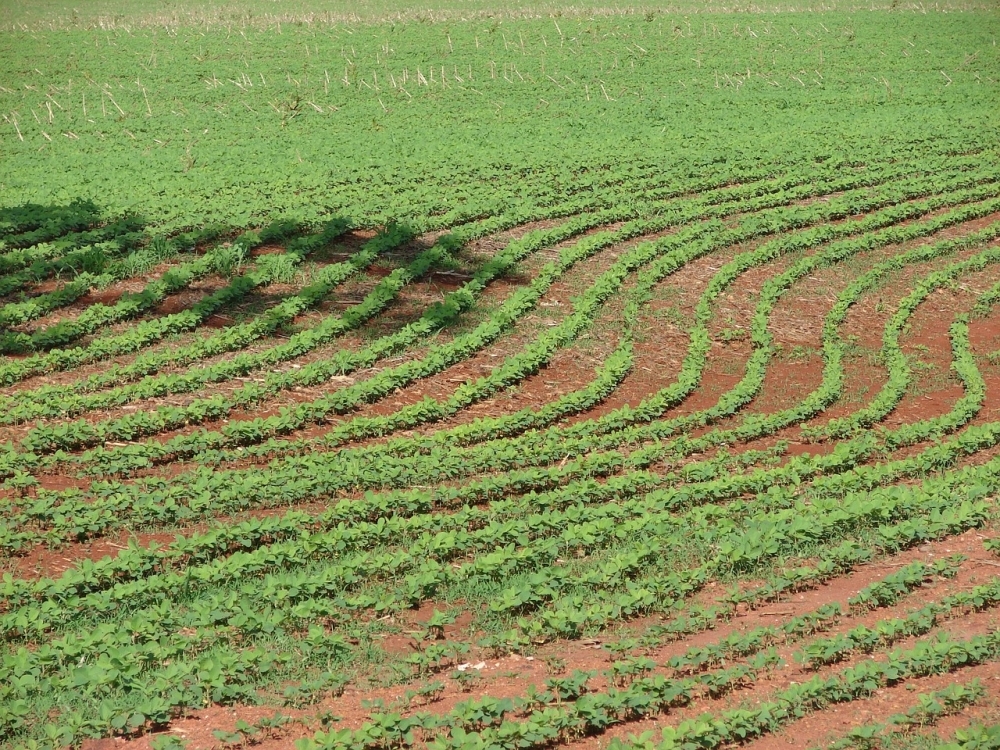
The data, referring to Brazil, Argentina, Colombia and Guatemala, was presented by the FAPESP Bioenergy Research Program (BIOEN) during a seminar hosted by the International Energy Agency.
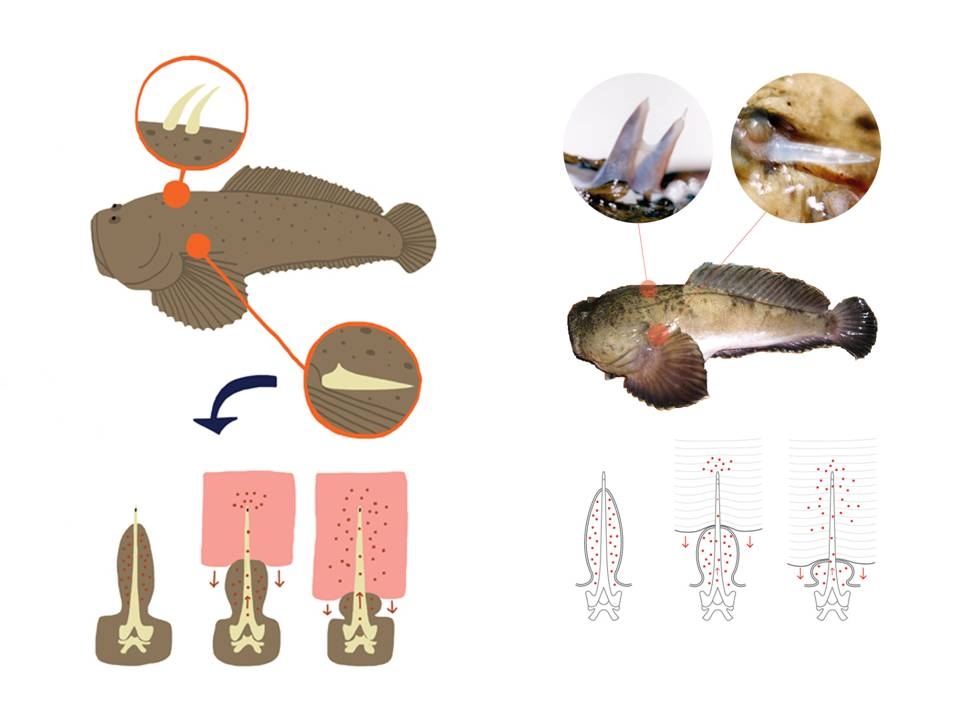
A research group at Butantan Institute performed tests on animal models with asthma as a reference and demonstrated that the peptide from Thalassophryne nattereri, common in North and Northeast Brazil, is safe and efficacious.
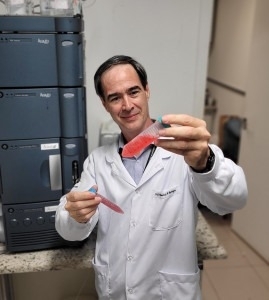
Resin applied to purification of compound can be reused in eight different cycles without loss of effectiveness.
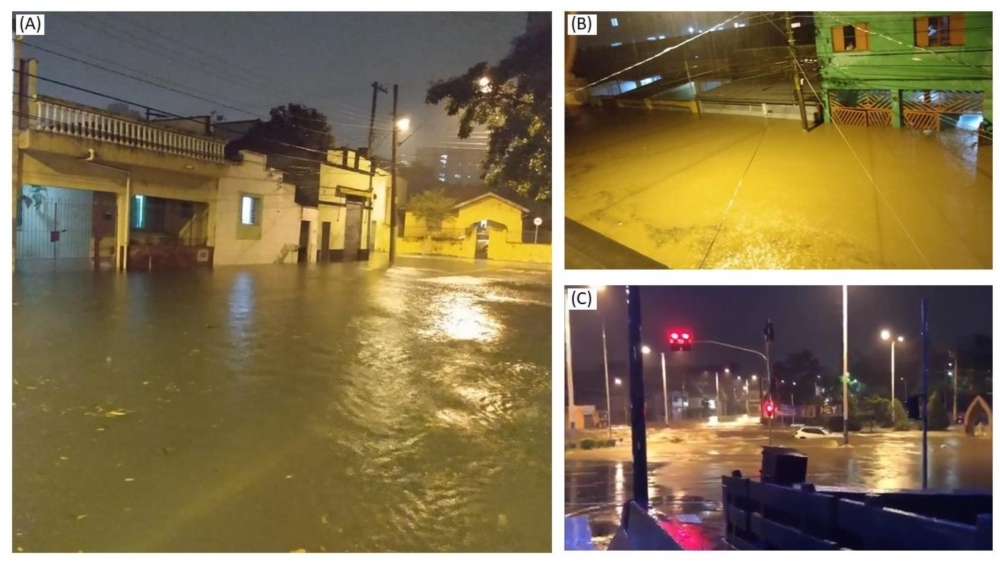
The study combined models that predict urban expansion and land-use changes with hydrodynamic models, and the results were validated using actual data for São Caetano do Sul, a city in metropolitan São Paulo.

The call was issued in 2022 by the Global Alliance for Chronic Diseases, a transnational consortium of research funders set up to combat chronic non-communicable diseases in low- and middle-income countries. Two proposals supported by FAPESP were among those approved.
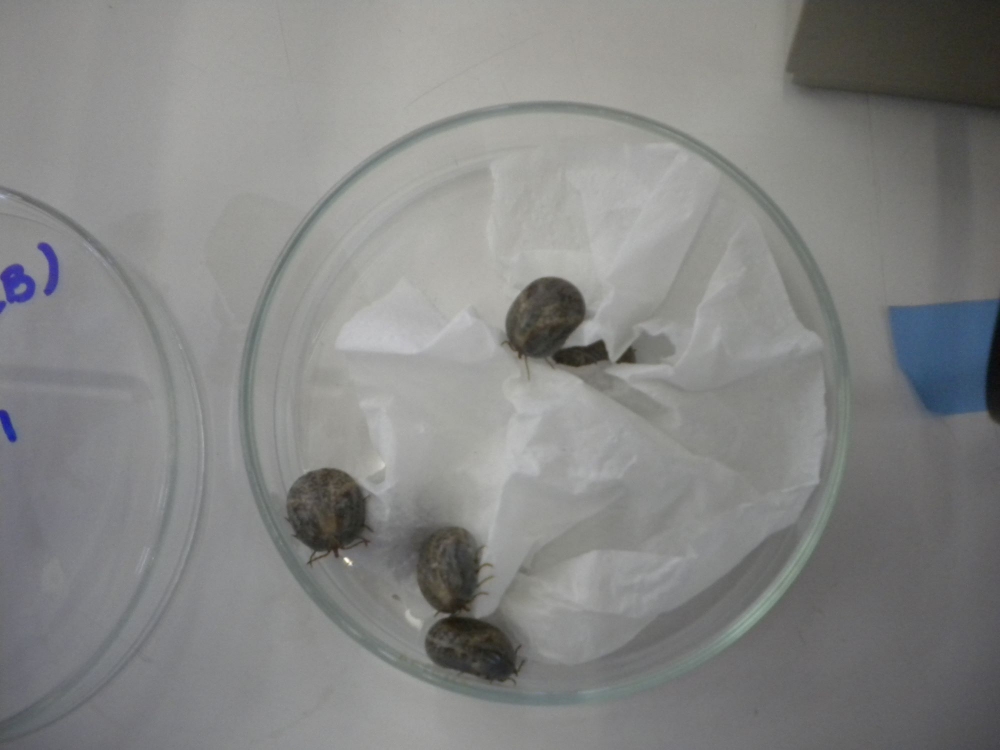
The molecule was identified by researchers at the University of São Paulo in cells of the Amblyomma tick that transmits the disease.
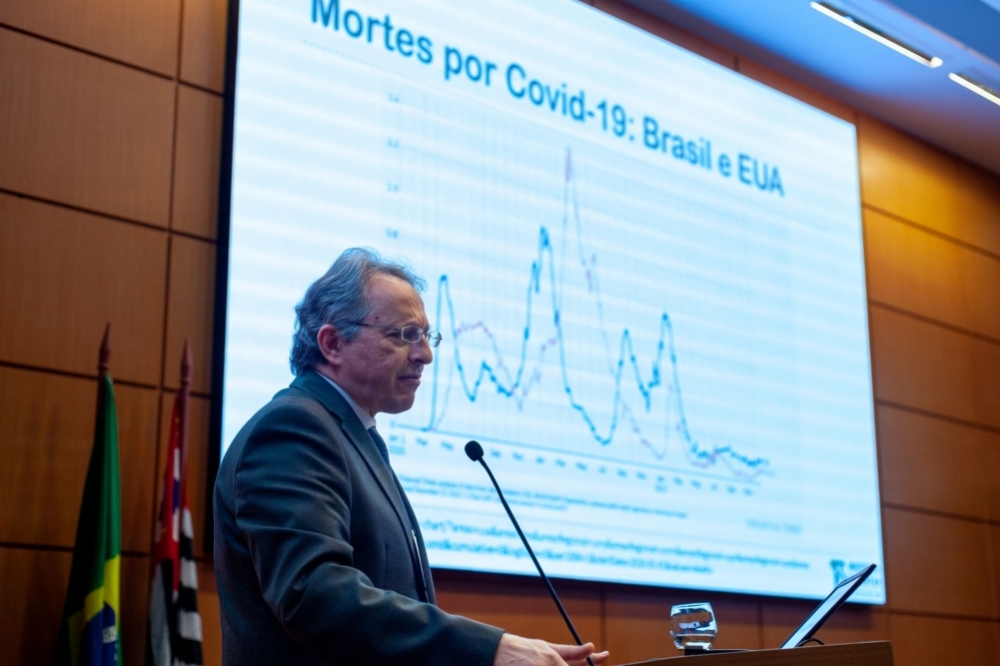
Esper Kallás, who heads Latin America’s leading producer of vaccines, delivered the Second 2023 FAPESP Lecture on “Viruses, pandemics and vaccines”. He spoke about the “100 Day Mission” to produce novel vaccines in just over three months.

The computer program was developed at the State University of Campinas to include more vegetation diversity in the analysis of climate change impacts.

The alert came from scientists who participated in the 10th German-Brazilian Dialogue on Science, Research and Innovation, organized by the German Center for Science and Innovation in São Paulo in partnership with FAPESP.